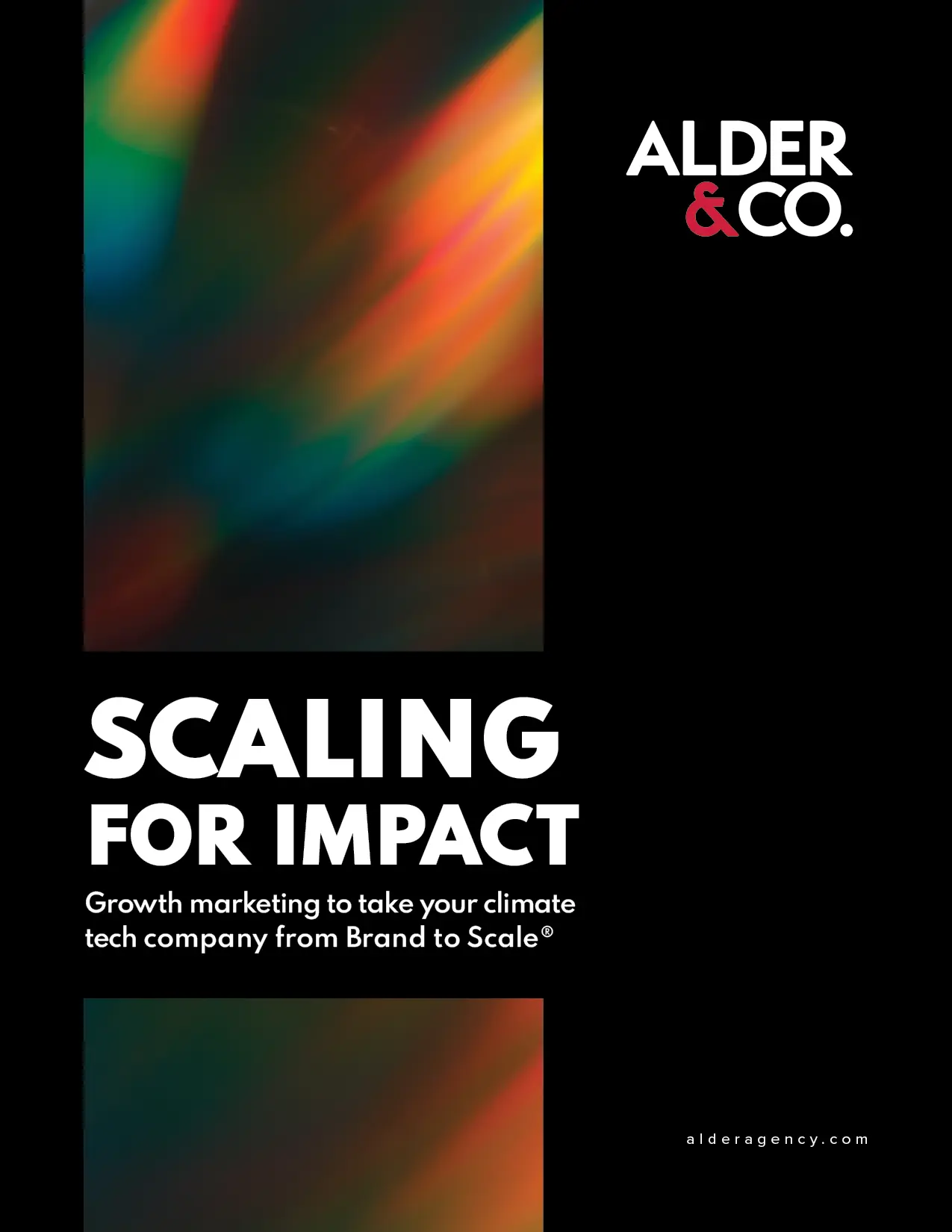With the majority of journalists receiving hundreds of business-related emails a day, getting media coverage for your climate tech company can seem like a daunting task. Yet, with the benefits of good PR and the pressing need to scale climate solutions, it’s certainly worth the effort.
As a climate tech marketing agency with a strong media relations focus, we decided to bring together a diverse panel of experienced climate reporters and public relations experts from climate tech companies for a webinar on the opportunities and challenges involved in communicating climate technology through media relations.
Here are five main takeaways from our talk:
1. Get your basics right (or get deleted)
It may sound obvious, but as Leah Garden from GreenBiz Media reminded us, she still receives pitches that completely miss her area of coverage. “If you’re sending me tips for things that I’ve never written about, it’s very obvious that you don’t actually pay attention to what I’m writing about, what my focus is on… You would be surprised at how often it happens.”
Just as you’re trying to differentiate your brand, journalists are trying to differentiate their content. In order to stand out in Leah’s inbox, your pitches should be “specific and tailored, demonstrating that you’ve read my articles. Offer insight I canʼt get anywhere else, an inside expert with a new, dynamic perspective. I also like to be able to see what you’re telling me about because it’s tangible. So when you pitch me, try to make it as easy for me as possible to understand.”
Instead of pitching to everyone, think strategically about which subject the experts at your company have compelling, unexpected, or underrepresented perspectives on, then find journalists who cover that specific area. Your pitch should be compelling enough for them to say, “tell me more” by concisely explaining how it’s relevant to them and why their audience would want to hear your news. In Leah’s words, “I try to make it as easy for my readers as possible. So when you pitch me, try to make it as easy for me as possible too.” It’s the best way to get your climate tech story told.
2. Provide experiences, not just pitches
Conner Gordon of Rondo Energy directed the audience to, “give media [and other stakeholders] not ‘just’ a pitch, but a well-rounded experience both reporters and their audience can have together, and support this with strong content marketing to amplify.” That means going beyond the press release and finding creative ways to bring the key messages to life by packaging content in a way that’s digestible and simple to understand. For example, Conner shared how Bloom Energy created a blackout tracker that allowed both journalists and their audience (citizens interested in energy) to explore data and power outages in their area. This blackout tracker is an excellent example of a data tool that was compelling for both parties and enabled Bloom’s technology to have a greater impact due to its tangibility and relevance.
He also described how Rondo Energy developed an iPad app with “x-ray vision” capabilities to show reporters how a heat battery actually works, allowing them to better understand and appreciate the complex technology in a simplified way. Other experiential marketing ideas could include virtual or augmented reality product demos, interactive data visualizations, or even physical models that showcase your technology in action.
By providing these visual, interactive experiences (experiential marketing), you empower journalists and stakeholders to grasp the value of your climate tech solutions, even if the underlying concepts are complex or esoteric. As Conner put it, “experiential marketing, I think this is an underrepresented aspect of marketing that really influences media relations.”
3. Foster authentic relationships with the media
Relationships with the media are not transactional. Aim to build lasting relationships by providing valuable content, access to subject matter experts, and consistent engagement over time. You can also demonstrate that you have a genuine interest in their writing or work when you don’t need something.
4. Underreported climate stories are important
Anne-Sophie Garrigou of ClimateKIC reminded the audience that “if we tell climate stories solely focused on solutions accessible to urban populations, then you risk portraying climate action as a topic that only the elite should care about. When in reality, it’s the opposite. We should try to include everyone.” By amplifying diverse voices and showcasing a wide range of climate solutions – from community-led initiatives to cutting-edge technologies – we can build a more inclusive and impactful climate movement.
5. Leverage thought leadership in climate communications
There’s real value in trusting your in-house experts to tell your story. Mike Munsell from Heatmap News notes how “that’s who journalists most want to hear from.” Climate tech is a complex and rapidly evolving field, and journalists are always looking for knowledgeable sources who can help them make sense of it all. Though, there’s “no need to give them the ‘101’ on the industry. They know that already and they’re ready to get running. So the more details, the better.” By positioning your company’s thought leaders and subject matter experts as go-to resources on key topics, you can increase your chances of earning coverage and establishing your brand as a trusted voice in the industry.
Summary
Meaningful climate stories emerge when media and communications professionals work together to create compelling, inclusive narratives that resonate with diverse audiences. By providing immersive experiences, fostering authentic relationships, amplifying underrepresented voices, and leveraging thought leadership, we can effectively communicate the urgent need for climate action and the innovative solutions driving the transition to a greener future.
💡 We offer a free 30-min consultation 💡 for marketing and communications professionals and founders who want to brainstorm ideas on how to get your story into the media. There’s no obligation to work with Alder – we’d love to chat! Book your time here.


